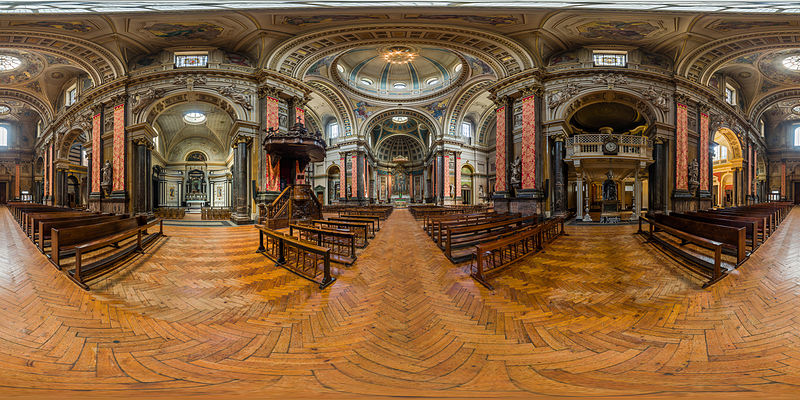
We are witnesses of rapid development in technology. In the past fifty years, we have achieved goals and created technology our great-grandfathers could not even imagine in their time. Of course, the world needed to adapt to these conditions, and with that, our way of life. Thanks to the Internet, we hardly have to leave the comfort of our home to do anything; everything can be delivered to our doorstep. Instead of packing your bags and going to Vegas to play a couple of casino games, we can now just log on to Casino Luck and enjoy them from our room. Religion, although rigid and unyielding in its core, also had to adapt to this change in the way of life, and VR technology may be the right way to do it.
How can VR technology help?
VR technology relies on 360-degree imaging to create a full environment that is so lifelike, that we sometimes forget we are not in the real world. It can help in mapping various churches and temples and creating breathtaking virtual environments for people to visit. When using VR, people feel as if they were immersed in a new environment, and thus experience the material that is presented more realistically.

Where can we use it in a church?
Precisely because it has a stronger effect on people than usual media, such as books, pictures, and videos, VR can be used to present some very important messages and notions to the members of a church. There are already documentaries being recorded in the United States using VR technology to depict people’s spiritual issues and battles more dramatically and realistically. In big issues, like cancer awareness, for example, this can help present the issue more vividly and raise awareness in more people.

Can a church itself become virtual?
Of course, as we have already mentioned, it is possible to transfer the image of any building and make a 360-degree model of it. There are already some virtual reality churches working online that offer their members a religious experience from the comfort of their homes.
The benefits of virtual churches
The most immediate benefit is providing everyone with an easy and comfortable church experience in the comfort of their own home. Many people do not feel comfortable going out in public and even professing their faith for fear of stigmatization and ridicule. Some, like people with disabilities, are physically unable to attend church, despite their best wishes, and virtual churches are precisely the place for these people, who are prevented from personally attending.
Are traditional churches in danger?

A question arises: are virtual churches going to replace traditional ones in the future? There should be no concern about that ever happening; moreover, there is no need to present traditional and virtual churches as opponents –virtual churches are helpful additions to traditional ones, by providing those in need with a church experience. We shouldn’t, therefore, view VR in churches as a nuisance, or a threat, but rather as a useful tool that can enhance the existing church experience for everyone.





